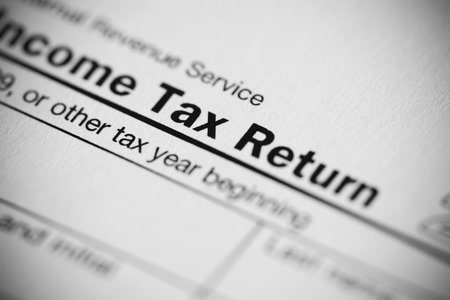 Amending Your Tax Return-Why & When
Amending Your Tax Return-Why & When
Amending your tax return allows you to change your tax information with the IRS. Why would you want to file an amendment? When should you do so? We will answer these questions and more in this article.
Why Amend Your Return
When considering whether or not to file an amendment, you should ask yourself if the first return was accurate to the best of your knowledge. If it was not then it is best practice to file an amendment. You may also want to file an amendment if you forgot about a deduction that could save you money or you did not report some income from that year. You may also want to file if you think that you or your tax preparer made a mistake that is costing you money.
However, if you made math errors on your return, there is no need to amend. The IRS will automatically correct those for you. It is also important to note that you cannot pick and choose which corrections you make. You must include both corrections that will get you a refund and those that have the potential to increase your liability. It is important that you are honest when filing your return since you can be prosecuted for filing falsely.
If you do end up owing money, you will be responsible for the original amount as well as accrued interest and penalties. Any penalties or interest due will be calculated from the original due date of the year you filed the return.
When Can You Amend Your Return
Amending your tax return is subject to a time limit. You must file within three years of the tax year you originally filed. Or within two years of the date that the tax was paid, whichever is later.
Many worry that by filing an amendment they will make themselves more susceptible for an audit. While a considerable refund may cause the IRS to look more carefully at your situation, they are constrained by time limits as well. The IRS has a three-year period during which they can audit your return. Filing an amendment does not restart that time frame. For example, if you file your amendment 45 days before the three-year mark, the IRS will only have 45 days to make an assessment.
Prevent the Need to Amend
Amendments can be costly, especially if you already paid to have the original return filed. Here are a few tips on how to prevent the need to file an amendment in the first place.
- Stay Organized: Keep a list of all tax forms that you expect to receive during the year. Do not file your taxes until you have received them all. Make sure to keep all tax documents in a designated location so that nothing is misplaced.
- Keep Track of Your Expenses: Keep all receipts for child care, business, health care, and education expenses. Also, keep proof of any charitable donations made throughout the year.
- Use the Same Trusted Professional Every Year: A tax preparer can help you find deductions and credits that you may not have known you qualified for. Using a preparer also helps prevent errors and omission on your return. Once you find a tax preparer that you trust, stick with them. If you use them every year they will be familiar with your situation. This will allow them to prevent anything from being left out. If you skip around from preparer to preparer they will never be able to learn your situation, preventing them from helping you more thoroughly.
Questions? Want to schedule an appointment? Contact us by clicking here.






Leave A Comment
You must be logged in to post a comment.